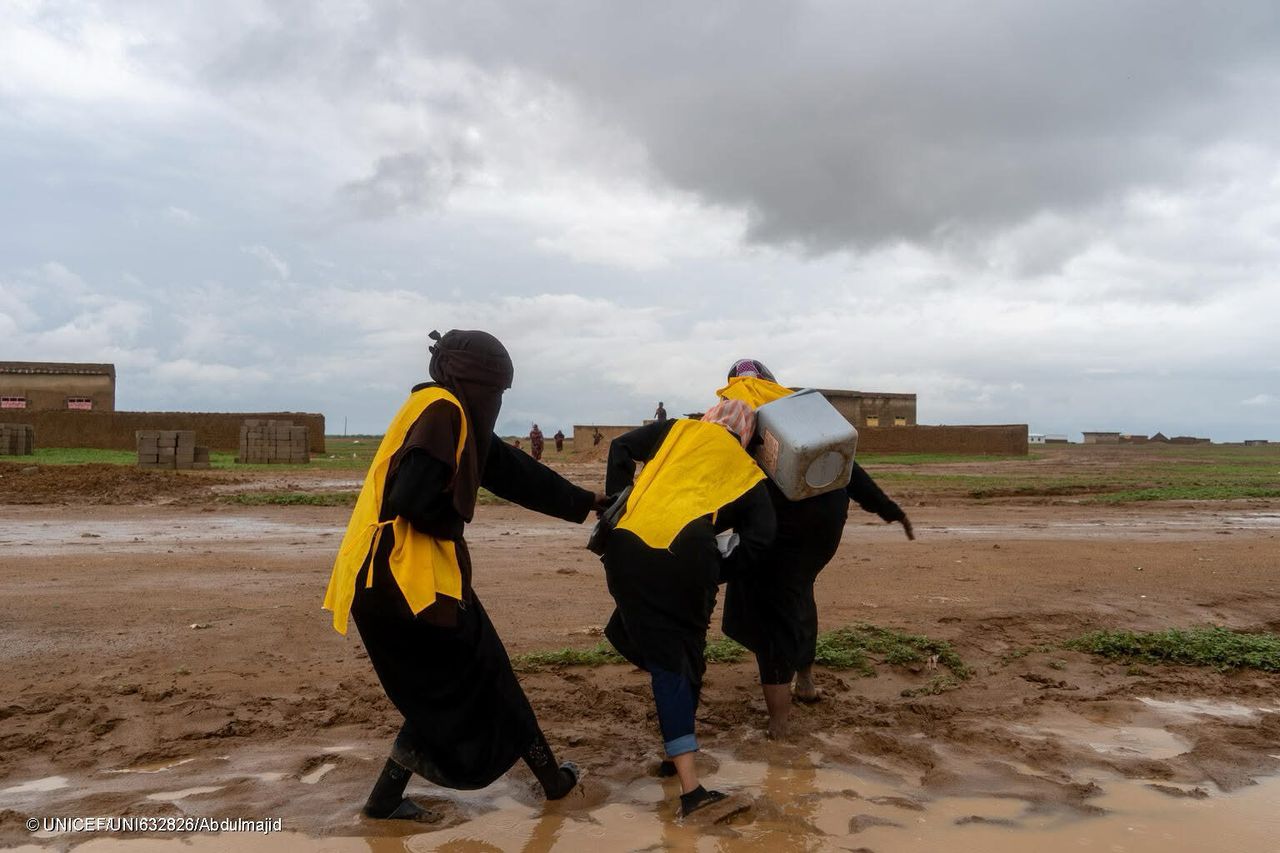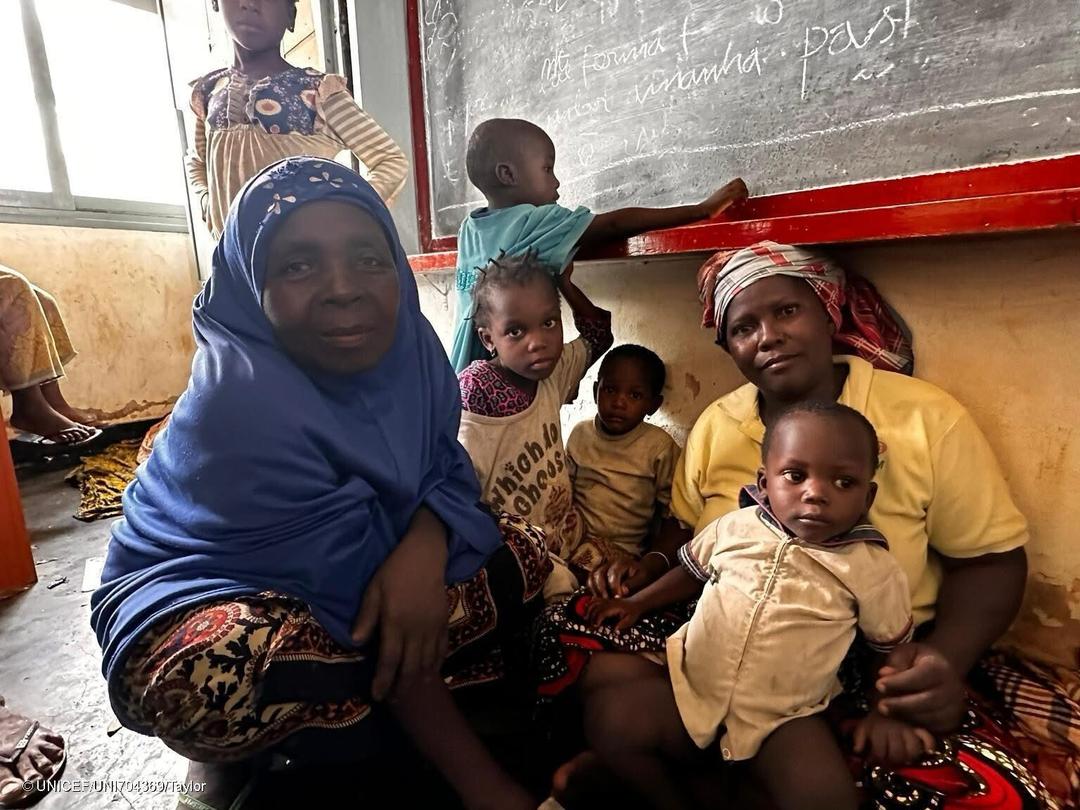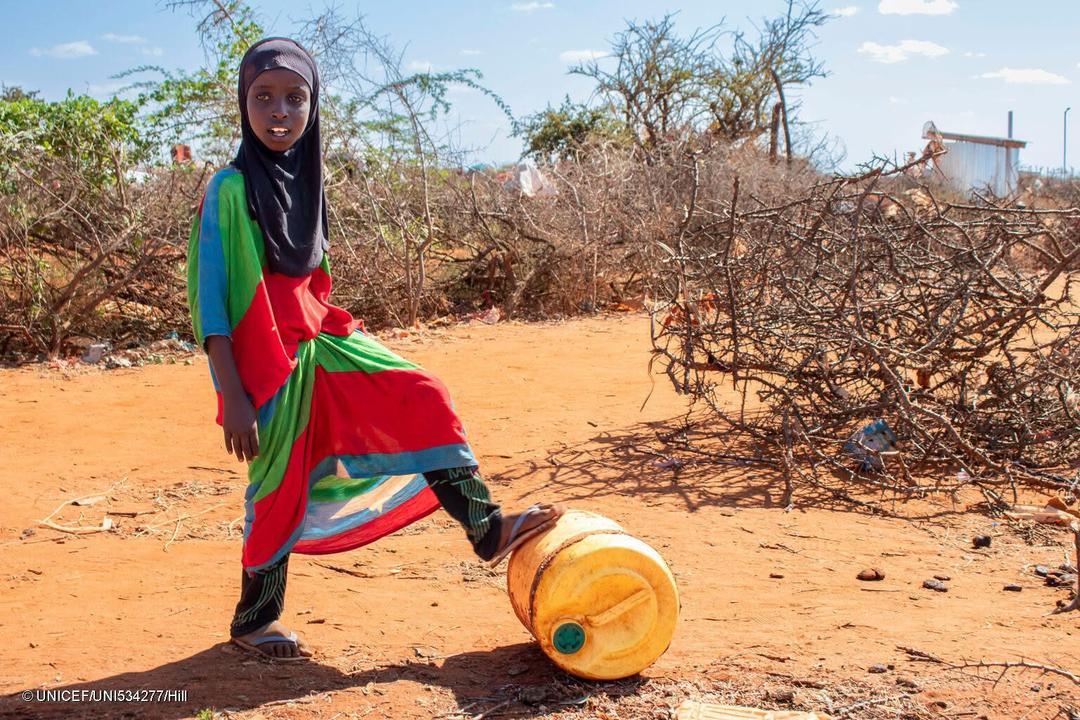














The Issue of Hunger in Africa
The issue of hunger in Africa remains a critical humanitarian crisis, impacting millions of individuals across various nations within the continent. According to the Food and Agriculture Organization (FAO) data from 2020, approximately 239 million people experience hunger, illustrating a significant public health concern.
Notably, 30% of children under the age of five are affected by stunting due to malnutrition, as reported by the World Health Organization (WHO). This statistic underlines the long-lasting consequences of inadequate nutrition on the development and future potential of Africa’s youth.
Africa has the highest global prevalence of hunger, with 19.1% of its population facing food insecurity. The causes of this pervasive issue include entrenched poverty, insufficient access to quality education, conflicts, displacement, and climate change effects on agriculture.

Education Backwardness in Africa
Education is a pillar of societal advancement, influencing economic stability and social equity. However, Africa encounters significant challenges that hinder educational progress. Alarmingly, 32 million children of primary school age remain out of school (UNESCO, 2020), with 60% of girls in sub-Saharan Africa lacking educational opportunities.
Moreover, Africa has the lowest adult literacy rates worldwide, with 65% of adults lacking basic literacy skills. The key challenges include pervasive poverty, conflicts, displacement, cultural barriers, a shortage of qualified teachers, and insufficient educational resources.

How our Company Can Help
Our esteemed company can play a pivotal role in addressing hunger and education challenges in Africa through targeted charitable support, such as:
- Food Assistance Programs: Supporting organizations providing food to vulnerable populations, including malnourished children, pregnant women, and the elderly.
- Education Infrastructure Development: Investing in school construction, educational materials, and teacher training.
- Scholarship Programs: Establishing scholarships for students from disadvantaged backgrounds, with a focus on girls and women.
- Agricultural Development Programs: Supporting sustainable agricultural initiatives to enhance food security and local livelihoods.
By aligning corporate social responsibility initiatives with these critical areas, our company and its investors can contribute meaningfully to Africa’s sustainable development.
